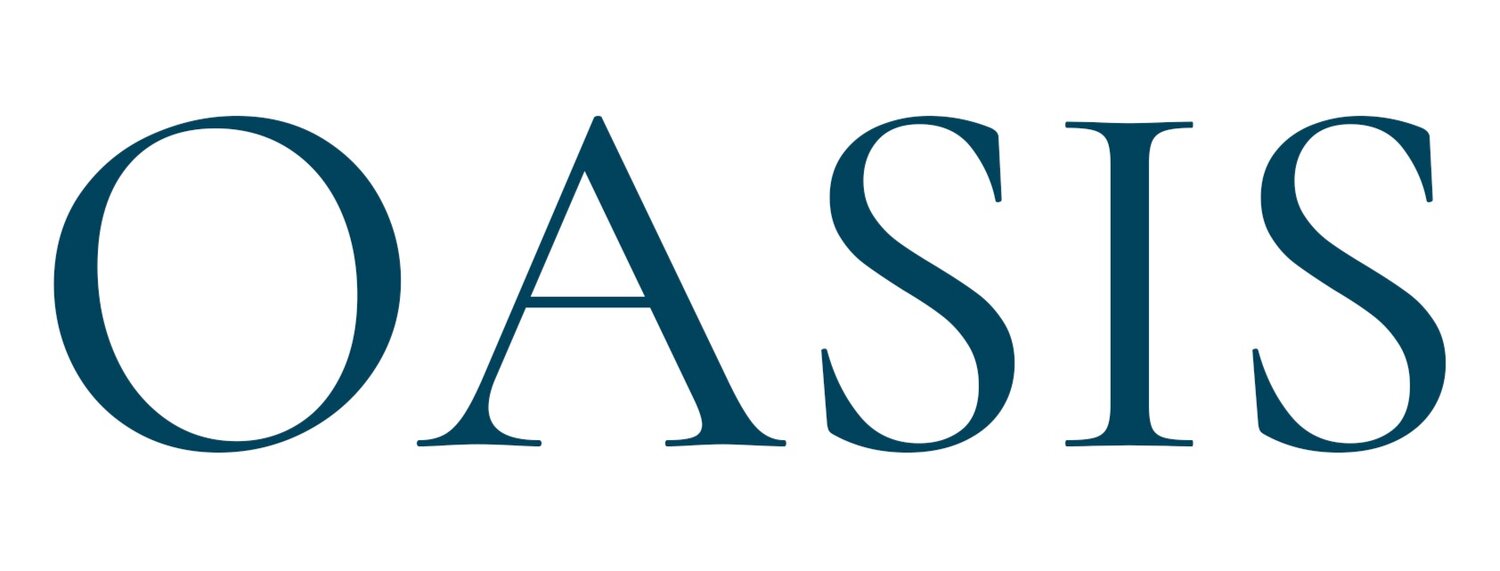
Sister Schools
The Sister Schools program engages, informs and builds the skills of university students in Niger who will become champions for girls education and family planning. Through short courses and internship placement support, we help prepare students to be effective professionals. We build their understanding of and commitment to addressing the needs of women and girls in the region.
How does it work?
OASIS, in partnership with GRADE Africa, the University of California, Berkeley and three Nigerien public universities, supports Nigerien university students to earn their degrees by:
Assisting them to secure and successfully complete an internship with local, national and international institutions
Providing internship stipends
To ensure students are ready to enter the research and development workforce, OASIS offers short courses, including “Research Methods and Program Design” and “Population, Resilience, and the Role of Women in Food Security in the Sahel.”
The program aims to promote excellence among students who wish to progress in the following fields:
Research on the links between demography and development in general
Family planning and reproductive health
Girls’ education and delay of early marriage and childbearing
Women's empowerment to enhance household resilience in the face of food insecurity and climate change
Impact
OASIS, in partnership with L’Initiative OASIS Niger, the University of California, Berkeley and three Nigerien public universities, supports Masters students in Niger to earn their degrees and join the development and research work force.
Sister Schools has trained approximately 140 students since the inception of the program in 2017 via courses covering topics such as research methods, demography, food security, and development, and internship placement at local and international nonprofit organizations.
“I was in a holding pattern. I couldn’t get the attention of my thesis supervisor, nor find an organization that would agree to host me. This fellowship changed all that. I got placed in a village learning ethnographic research methods and discovering the factors that lead parents to marry their girls early in (rural Niger).”
– Illiasou Chaibou, program participant



